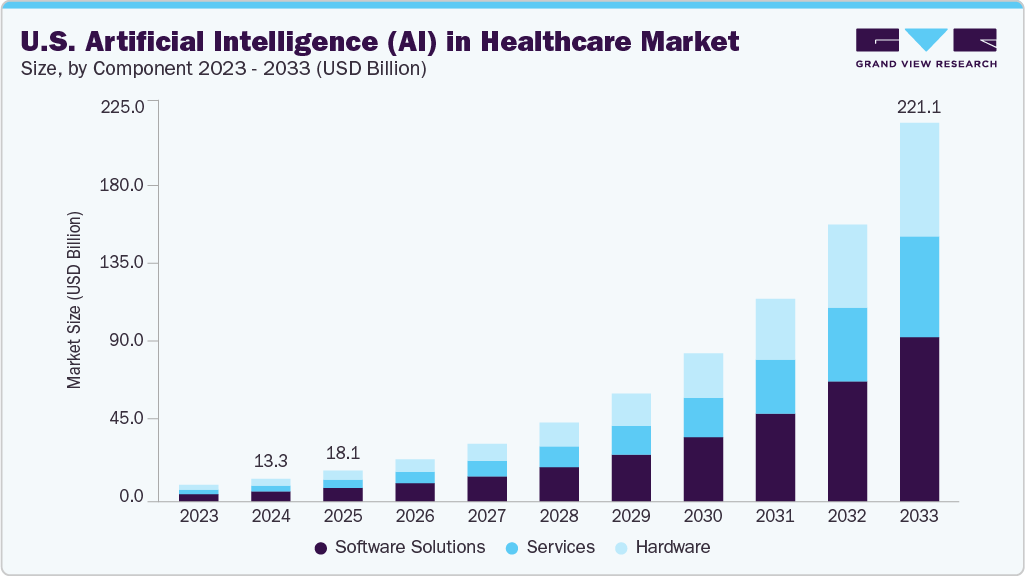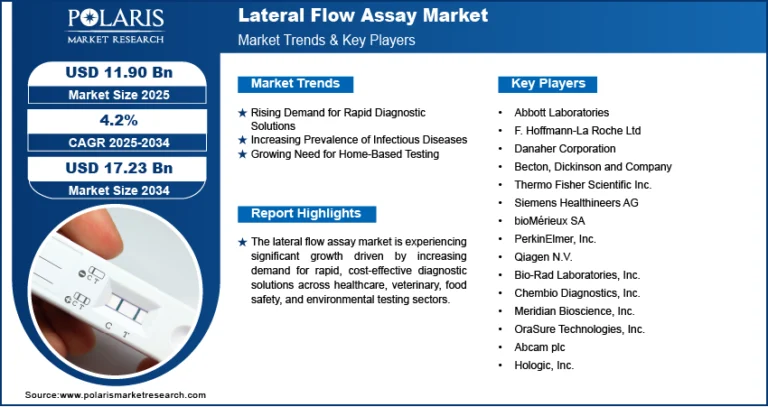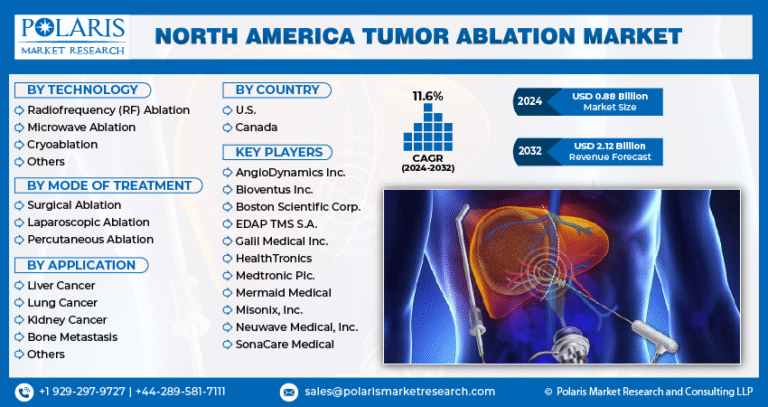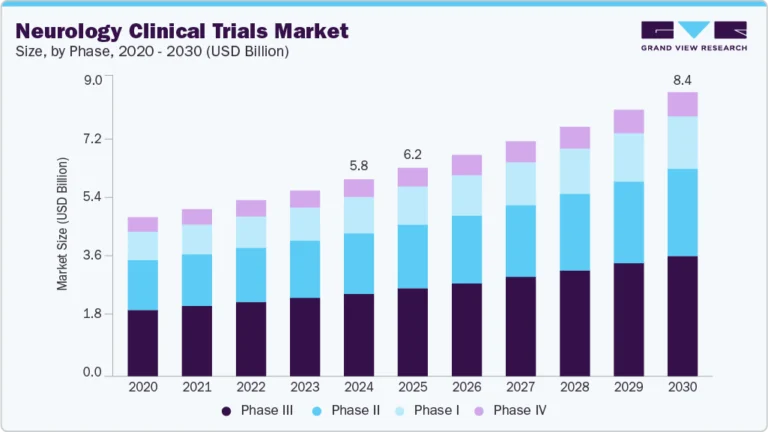U.S. Artificial Intelligence In Healthcare Market Size, Share & Trends Analysis growing at a CAGR of 36.76% from 2025 to 2033

The U.S. Artificial Intelligence in healthcare market size was estimated at USD 13.26 billion in 2024 and is projected to grow at a CAGR of 36.76% from 2025 to 2033. Robust digital health infrastructure and investments in AI technology, the growing prevalence of chronic diseases, and the increasing demand for personalized and remote healthcare solutions are factors driving market growth.
Key Market Trends & Insights
- Based on component, the software solution segment held the highest market share of 44.19% in 2024.
- Based on technology, the Machine Learning segment held the highest market share of 35.75% in 2024.
- Based on application, the robot assisted surgery segment held the highest market share in 2024.
- By end use, the pharmaceutical & biotechnology companies segment held the highest market share in 2024.
Market Size & Forecast
- 2024 Market Size: USD 13.26 Billion
- 2033 Projected Market Size: USD 221.09 Billion
- CAGR (2025-2033): 36.76%
Request a free sample copy or view report summary: https://www.grandviewresearch.com/industry-analysis/us-artificial-intelligence-healthcare-market-report/request/rs1
In addition, supportive government initiatives, a shortage of healthcare professionals, and the growing need for operational efficiency are some other factors propelling market growth further. For instance, in October 2024, Amazon One Medical launched AI tools integrated into its proprietary electronic health record system, 1Life, to enhance patient care and reduce clinician administrative burden.
The increasing prevalence of chronic diseases such as diabetes, cardiovascular conditions, and cancer, coupled with a rapidly aging population, is significantly driving the demand for AI-enabled healthcare solutions in the United States. For instance, according to the CDC, 6 in 10 Americans are affected by at least one chronic disease. In addition, the aging demographic is projected to grow substantially, with the Population Reference Bureau estimating that by 2050, the population aged 65 or older is expected to be 82 million. This demographic shift presents an opportunity to enhance long-term care, continuous health monitoring, and effective disease management, where AI is potentially significant.
Furthermore, the country’s healthcare infrastructure is characterized by an advanced digital health ecosystem, widespread adoption of electronic health records (EHR), extensive data repositories, and cutting-edge health IT systems. Major health tech firms have made significant investments in healthcare AI solutions, while startups continue to attract substantial venture capital funding. For instance, in February 2025, Harrison.ai, a global health tech company, expanded its U.S. footprint with USD 112 million in Series C funding to advance its AI-powered medical diagnostic and workflow solutions.
Moreover, the increasing adoption of telehealth solutions for remote patient monitoring drives market growth further. AI systems enhance virtual care by automating patient data analysis, facilitating real-time decision-making, and improving patient engagement outside traditional clinical settings. For instance, in December 2024, VSee Health, anAI-powered telehealth platform provider, partnered with Tele911 to create the first virtual emergency department. The aim is to reduce ER overcrowding and address emergency medical services (EMS) staffing shortages. Such initiatives enable healthcare delivery to be more accessible and convenient, especially for patients in remote or underserved areas. Thus, they increase the demand for AI-powered telehealth solutions and contribute to market growth.






